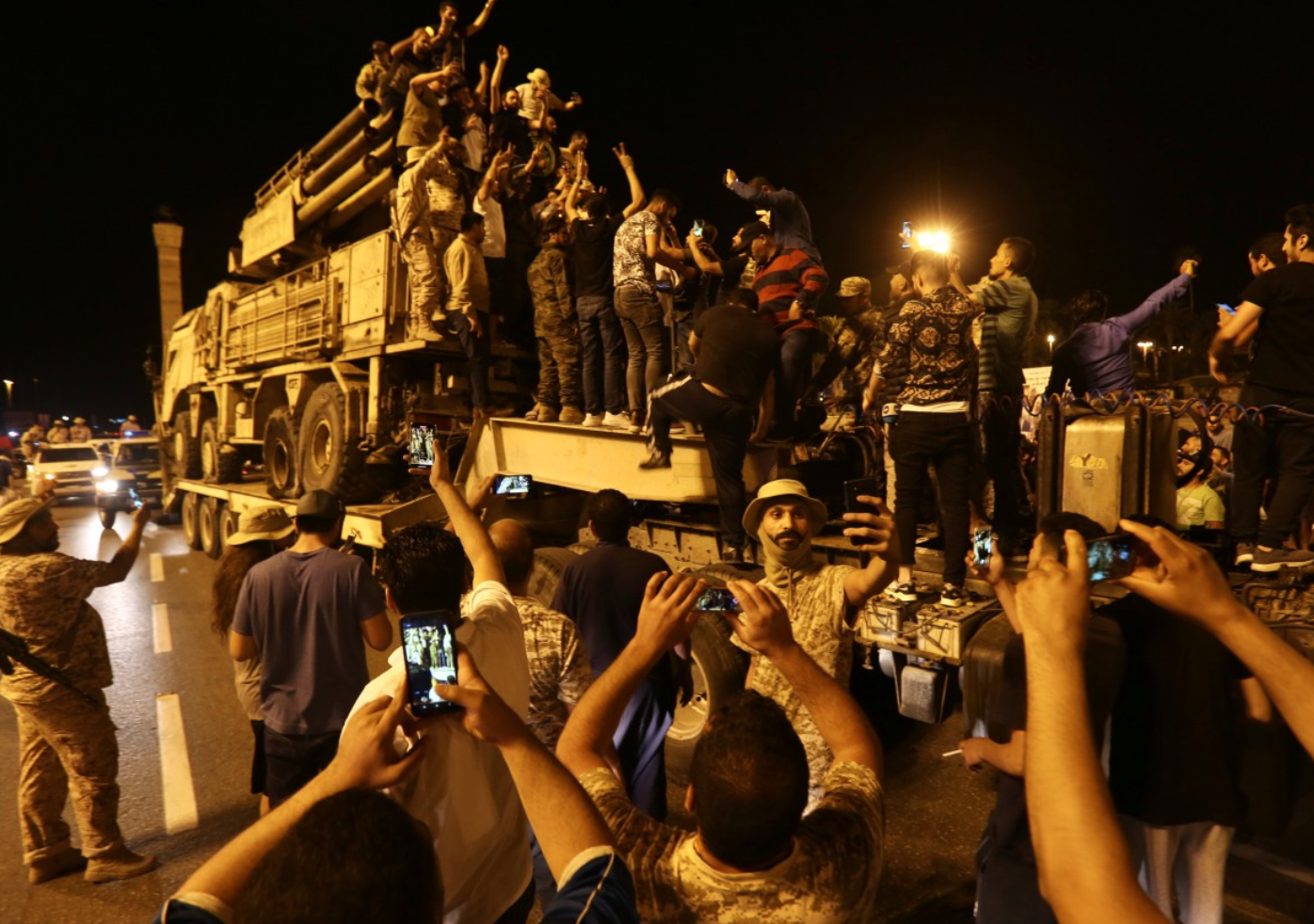Academic Scholarship:
Jason Pack and Stefano Marcuzzi argue that Libya’s CBL is a microcosm of our era of Global Enduring Disorder.
Jason Pack discusses his paradigm of Global Enduring Disorder for E-International and the experiences that brought him to his unique perspective on international relations.
The determinative factors that swayed the War for Tripoli - launched by Gen. Khalifa Hifter in April 2019 - were novel military, technological, and diplomatic phenomena.
Even if something resembling a political deal emerges and militias are progressively cut off from external sources of military support, the core economic issues that gave rise to the six years of Libyan civil conflict will still remain.
There are few contemporary global conflicts where the UN is still the primary mediator, peacekeeper, or forum for political negotiations. Libya is an exception.
Largely overlooked in international policymaking toward Libya’s current conflict is the role of corruption as a key driver of violence, as opposed to merely its byproduct.
International peace-making efforts in Libya remain doomed if they cannot address the root causes of malaise: flawed economic institutions and the lack of a social contract.
International players have the tools to prevent Libya from becoming enshrined as a kingdom of militias, but only if they transcend their divergent approaches to cut off the belligerents’ purse strings.
Following its territorial loss of Sirte in December 2016, the Islamic State in Libya has rebounded to wage a war of attrition that seeks to derail Libyan state formation.
After years of civil war in Libya, the recent plan to hold elections there seems like a rare ray of sunshine, creating hope that the country may be on the path to peace. However, caution is needed.
This article looks at how al-Qaida-linked groups focus on the local struggle in Libya, how they have shaped their strategies and activities in the country, and what impact this has had on the communities where they are active.
This article examines ISIS’s pre-history, birth, expansion, consolidation, and dispersal in Libya, as well as the broader political context of the country.











